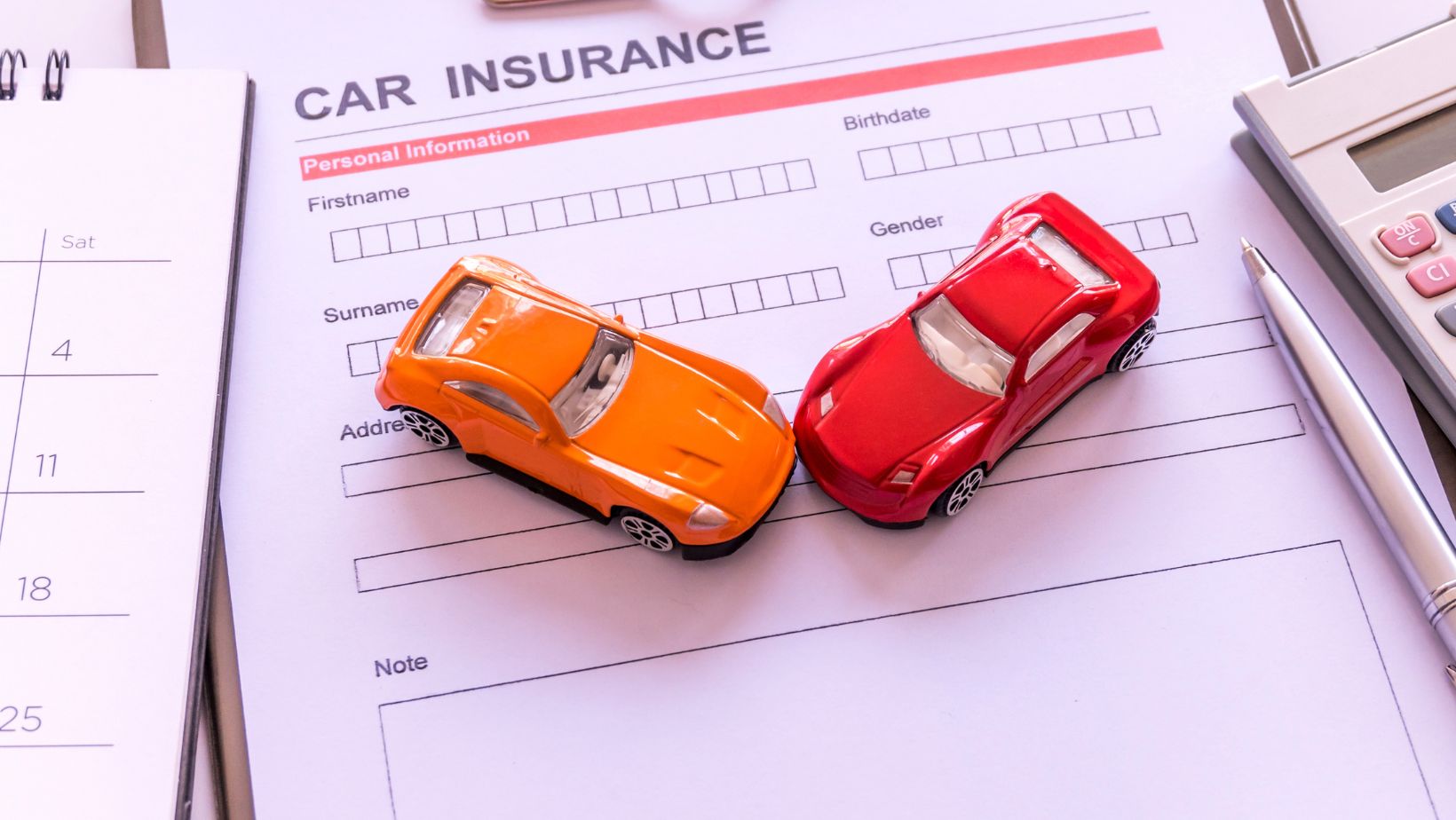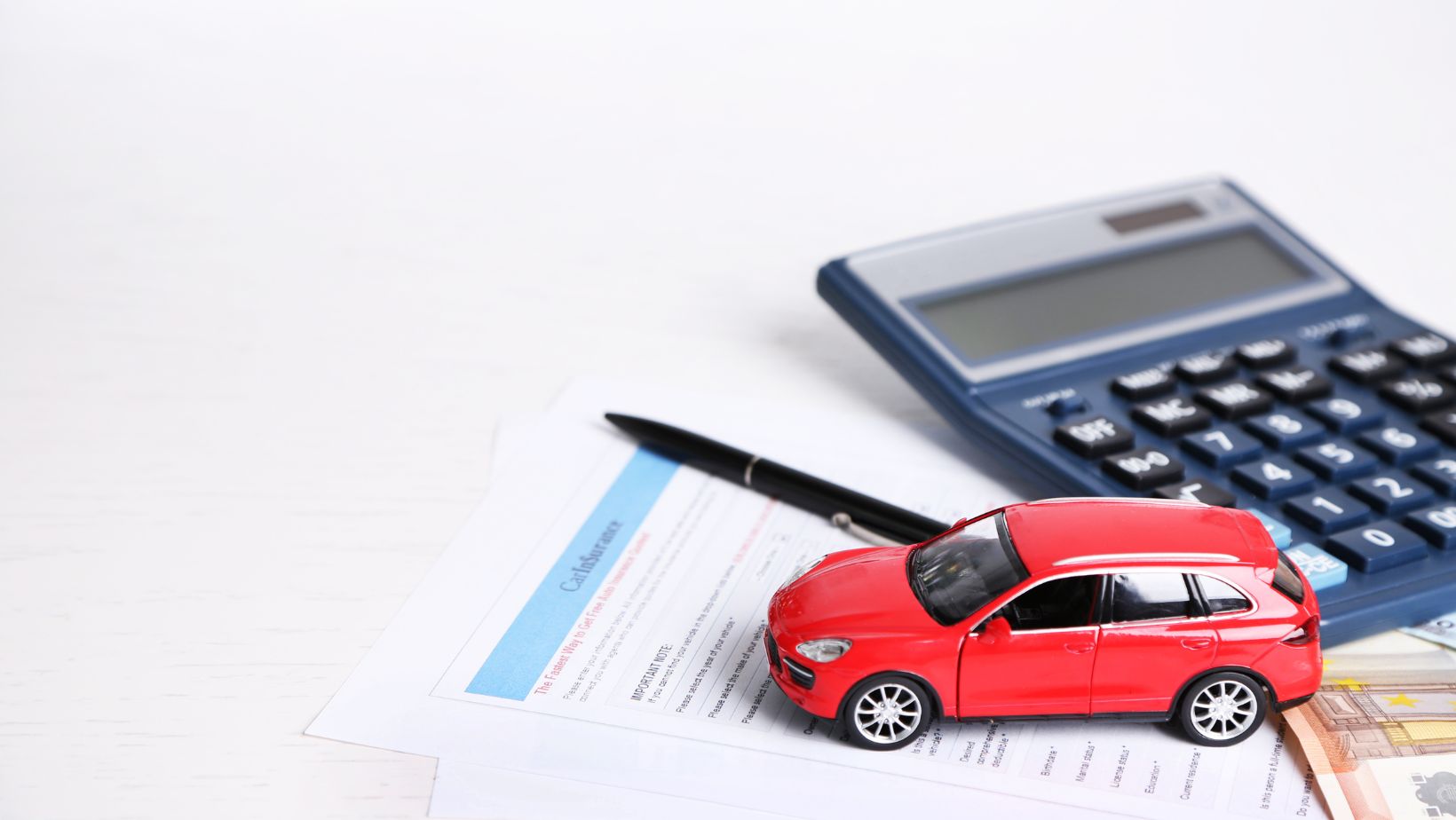Forty-nine of the 50 U.S. states require all drivers to purchase car insurance. New Hampshire is the exception and the only state where you are not legally required to have a car insurance policy if you can demonstrate self-insurance. Uninsured and underinsured (UM/UIM) insurance coverage is also highly recommended. Penalties for driving without insurance differ between states and may include fines, license suspension, and vehicle impoundment.
As expected, carrying car insurance is mandatory in South Carolina. If you have just bought your first car, you’re probably wondering about the laws and regulations surrounding car insurance in South Carolina. The following guide will give you all the information you need so you can take to the streets worry-free.
Minimum Requirements
Driving a car in South Carolina means adhering to minimum car insurance requirements. The state’s insurance laws require drivers to purchase liability car insurance for all their vehicles, and they must keep the documentation inside these vehicles at all times. There are also specific coverage amounts you must comply with:
- Bodily injury per person: $25,000
- Bodily injury per accident: $50,000
- Property damage per accident: $25,000
These requirements must be in place to protect yourself and other drivers in the event of a collision. Liability insurance for bodily injury shields you against claims of other people injured in an accident you caused. Liability insurance for property damage covers you for damage caused to property due to an accident.
Optional Extras
While car insurance in South Carolina is not optional, you can choose extra coverage to increase your protection. You can purchase comprehensive insurance for non-crash-related damage like hail or vandalism. Typically, these policies also cover theft and carjacking.
You can also get gap coverage, which is excellent for financing a totaled car. Gap cover policies pay the difference between the car’s cash value and the remaining car financing loan balance.
You may want to look into medical coverage in case you or your passengers sustain injuries in an accident.
Average Car Insurance Premiums
Being one of South Carolina’s 3.8 million drivers, if you are under the age of 29 or over 64, you are considered high-risk. You will notice the impact on your car insurance premium. If you fall within these age groups, you will likely pay up to $160 more for your premium.

South Carolina’s Fault-Based Insurance System
Each state either has a fault-based or no-fault-based insurance system. Fault-based means the driver responsible for an accident is liable to pay damages. No-fault means each driver involved in a collision claims from their own insurance regardless of who is to blame for the accident.
South Carolina uses a fault-based insurance system. Therefore, if you are involved in an accident caused by another driver and suffer damage, you must file a claim with your own insurance company. In turn, your insurer will file a claim for reimbursement from the at-fault party’s insurance company. Alternatively, you can directly file a third-party insurance claim or initiate a personal injury lawsuit.
It is worth noting that car insurance covers vehicles, so to speak, and not drivers per se. For example, if you allow a family member to drive your car and they cause an accident, your compulsory liability insurance policy will cover the damage. If the damage is extensive and exceeds your policy limits, your family member’s liability policy will pay for the rest.
Penalties For Driving Without Insurance in South Carolina
Driving without insurance in South Carolina can equal a misdemeanor. If police catch you doing this, they will suspend your license and registration. You may also need to pay a reinstatement fee of up to $400 and a fine of up to $600. The state will also impose an additional fee of $550 to register an uninsured vehicle and will require $5 every day you do not have insurance coverage.
If you don’t pay the insurance reinstatement fee of $550 and police catch you driving again without insurance, you will face a misdemeanor charge. This means you may go to jail for one to six months.
Diminished Value Options
South Carolina operates as a diminished value state. This means you can recover diminished value from the responsible driver’s insurer. If your vehicle is damaged in an accident and repaired, it loses its resale value even if it is restored perfectly. Claiming for diminished value allows you to claw back some of the monetary losses you will likely experience when trying to sell your car.
South Carolina is one of only 15 states that offer diminished value compensation. To file such a claim, you must meet specific requirements. For instance, you cannot claim diminished value if you were the driver that caused the accident. You must have substantial proof in the form of photographs, repair quotes and records, and proof of your car’s initial value. The statute of limitations for a diminished value claim in South Carolina is three years.

Settling an Insurance Claim in South Carolina
If you are involved in an accident or hit-and-run incident, there are several steps to follow to settle your claim fast. First of all, you must file a police report. The police will determine who the at-fault driver is. When this process is done, you must file a claim with your insurer. Your claim documents must outline the circumstances before, during, and after the accident.
At this point, you should also review your car insurance protection. The insurance adjuster will determine whether your policy will cover all the damages or if you only have partial coverage. When these processes are complete, your policy will pay out according to the adjuster’s findings. If the other driver was to blame for the accident, you must be able to prove it according to South Carolina law.
Car Insurance Regulation Changes
Car insurance laws are subject to change in all states, including South Carolina. Always refer to the local DMV to stay informed of the most up-to-date changes. Also, remember that it is not worth the financial and legal risk to drive uninsured. Get liability insurance and the extra coverage you may require for driving on South Carolina’s open roads.


 By
By 





